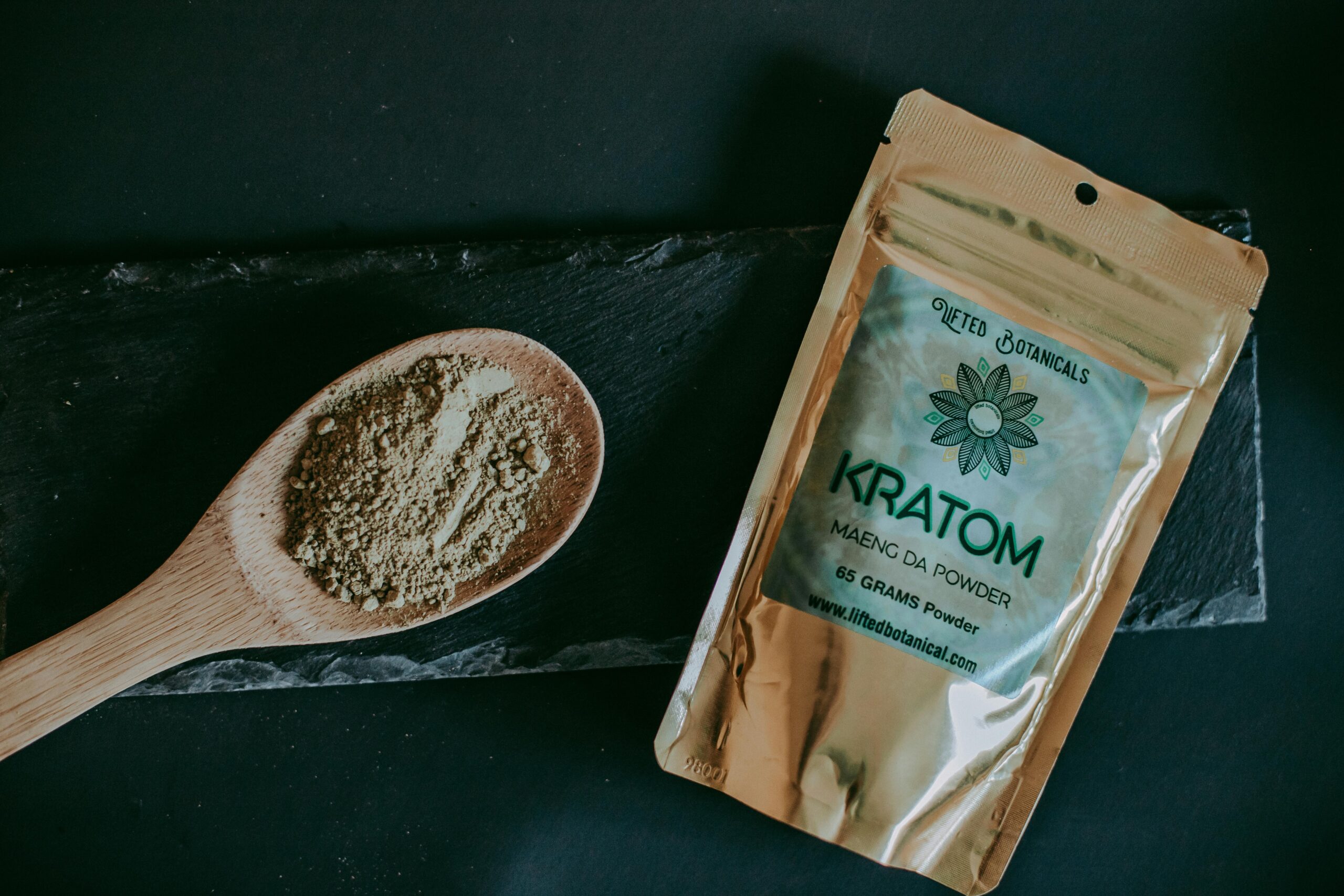While you’re around town or traveling across the US, you may have noticed this word at smoke shops, convenience stores, and more: “kratom.” While some tout kratom’s benefits as an herbal supplement, the substance also carries a lot of controversy. It’s even been banned in a number of US states. It may be hard to fathom that something sold in retail shops could cause substance abuse, but kratom addiction is a very real thing.
Understanding Kratom, a Gas Station Drug
Before exploring kratom addiction, it’s important to understand the nature of the substance itself. Kratom is a common “gas station drug” often sold on the shelves at local gas stations, convenience stores, smoke/vape shops, and even vitamin shops. Marketed as an herbal supplement, kratom is derived from the Mitragyna speciosa tree in Southeast Asia. It’s consumed in various ways, such as:
- Swallowing raw kratom in capsule or powder form
- Mixing kratom powder into food or beverages
- Brewing kratom leaves to make tea
- Taking liquid kratom extract
It’s commonly used for its stimulating or sedative effects, depending on the doses you take. Kratom has been reported to increase energy and alertness, as well as produce pain relief and relaxation. Researchers have found that people use kratom to alleviate pain, address anxiety or other mental health conditions, and to help reduce opioid withdrawal symptoms and substance use, shares the National Institute on Drug Abuse (NIDA).
While kratom usage has increased in popularity in recent years, it also brings some serious red flags. US and international agencies have expressed concern that kratom can cause real harm, according to NIDA. The US Food and Drug Administration (FDA), for example, has not approved its use for any purpose, even warning the public not to take kratom products. A number of kratom safety issues have been identified, including:
- Kratom products may contain harmful contaminants
- Kratom can generate harmful side effects, from mild (nausea, dizziness, drowsiness) to severe (seizures, heart and lung problems, liver problems)
- Kratom use can lead to withdrawal symptoms and kratom addiction
Is Kratom Addictive? Yes. Here’s Why
Kratom currently is not listed under the Controlled Substances Act. However, the US Drug Enforcement Administration (DEA) has listed kratom as a “Drug and Chemical of Concern.” Still, people persist in using it. And it’s no wonder when you can easily buy it at an everyday retail establishment. This makes it easy to assume kratom is a harmless supplement to use at your leisure. Sadly however, kratom use over time can lead to withdrawal symptoms, dependence, and addiction.
A 2024 study by the journal Drug and Alcohol Dependence concluded that kratom addiction becomes more likely the more frequent kratom doses you take. That’s because, like other substances, kratom can change your brain’s chemistry over time. As you consume kratom, your brain and body get used to its routine effects. As a result, your brain can develop a chemical dependency on kratom, so you feel the need to take it again and again. If you’re addicted to kratom and try to stop using it, you may experience withdrawal symptoms that push you towards using again. Kratom withdrawal symptoms may include:
- Restlessness or irritability
- Nausea
- Mood swings
- Insomnia
- Muscle aches
Kratom Addiction Signs and Symptoms
If you’re using kratom on a regular basis, it’s fair to wonder if you may have developed a dependency on the drug. So how can you determine if you’re addicted to kratom or not? After all, it’s key to recognize kratom addiction as soon as possible before things get worse. With that said, some common kratom addiction signs and symptoms include:
- Challenges in cutting back or quitting kratom
- Experiencing withdrawal symptoms when you stop using kratom
- Needing to increase your frequency or dosage of kratom to get the same results
- Urges or cravings for kratom
- Struggling financially due to your kratom expenditures
- Neglecting work, school, or personal responsibilities to use kratom
- Continuing to use kratom despite any negative consequences
- No longer having interest in favorite activities, hobbies, or social obligations
- Engaging in risk-taking behaviors, especially to obtain or use kratom
Kratom Addiction Treatment in New England
If you think you may have a kratom addiction, it’s important to seek professional kratom addiction help. If left untreated, your kratom addiction may lead you to abuse other substances, which leaves you vulnerable to greater harm. In fact, kratom deaths have often been linked to polysubstance use, shares the Mayo Clinic.
At Sana at Stowe, we prove comprehensive, holistic substance abuse treatment in New England. Our kratom addiction treatment program addresses the root causes of your addiction, as well as any co-occurring disorders, putting you in the best position to achieve lasting sobriety. To get started on your healing journey, call us today.


